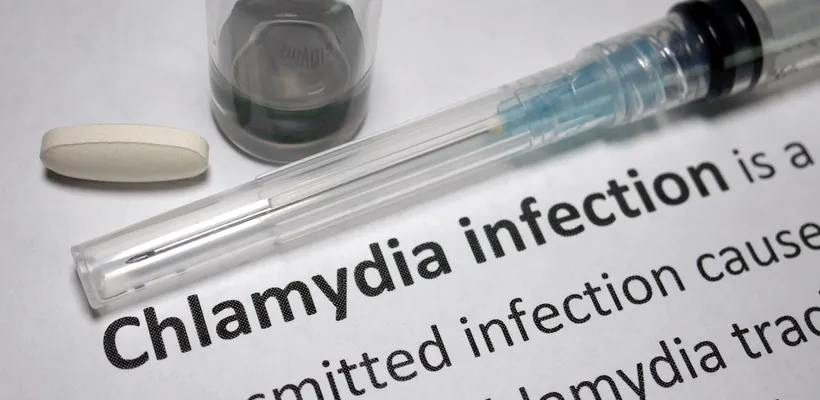
Published: 19th March, 2013 in: Sexually Transmitted Diseases
Chlamydia is caused by a tiny bacterium Chlamydia trachomatis. It is the most commonbacterial sexually transmitted infection in the UK. It is responsible for human eye as well asgenital infections. This sexually transmitted infection continues to be on the increase, withwomen aged 16-24 and men aged 20-34 most often having the infection at greatest risk.
This sexually transmitted infection is most commonly passed from person to person through unprotected sexual contact (sex without a condom or dental dam). Any form of unsafe sex,including intimate contact if you or the person you’re with is infected can place you at risk of getting this infection. This includes penetrative sex of the vagina or anus, oral sex from the mouth to genitals or genitals to mouth. There is also a risk of infection from sexual activity that includes fingering the vagina or playing with the penis head if someone has the infected fluids on their fingers. Occasionally people may transfer the infection on fingers from the genitals to the eyes. Chlamydia can also be passed between mother and baby during birth.
Getting tested
Free and confidential testing and treatment is available from your doctor or local sexual healthservices, even if you are under 16.
Sexual health clinics also known as a Genito-Urinary Medicine or GUM clinics, are usually partof your local general hospital. They’re open to anyone who wants help, advice and informationon any sexual health matter, including free testing and treatment for STIs.
Chlamydia tests are often taken using a urine sample, this is generally the case with men.Samples may be taken from any infected place such as the cervix for women or the urethra(urine tube) for men. It is not uncommon for services to let women self-swab now where aurine sample is not sufficient.
Up to 70% of women and up to 50% of men infected with Chlamydia have no symptoms. Because of this, a substantial number of infections remain undiagnosed. Where there are symptoms, women may have discharge, pain when passing urine, heavy periods or bleeding between periods, lower abdominal pain or abdominal pain during vaginal sex. Men may notice discharge from the penis and/or burning when passing urine.
Chlamydia is easily treated with a course of antibiotics. However, if left untreated for a longtime it can cause pelvic inflammatory disease (PID), which can lead to fertility problems.
You mustn’t have sex again until seven days after you’ve completed the course of treatment tomake sure that the infection has cleared up. If you do have sex during this period, it’s essentialto use a condom. If you’re female and using the contraceptive pill then you should tell thedoctor treating you. This is because antibiotics given to you during treatment may interferewith contraceptive effects.
It is important to make sure that your partner goes for treatment as well. If you don’t feel youcan talk to your partner, the clinic will help you with this.
Being treated for Chlamydia doesn’t mean you’re immune from further infection, so carry onusing condoms to protect your future welfare.
The future
The risk of further complications that may lead to future problems with fertility are increasedthe longer the infection is left untreated, and the more times that you get it. This can be a realcause for concern particularly amongst women where the impact upon fertility due to Chlamydiais more evident.
As the correlation between having had this infection and future fertility problems is not absoluteservices will not provide fertility testing in order to reassure individuals. When trying toconceive it is generally advised to see a doctor to consider fertility testing if you and yourpartner have been trying for a baby for a year or more.